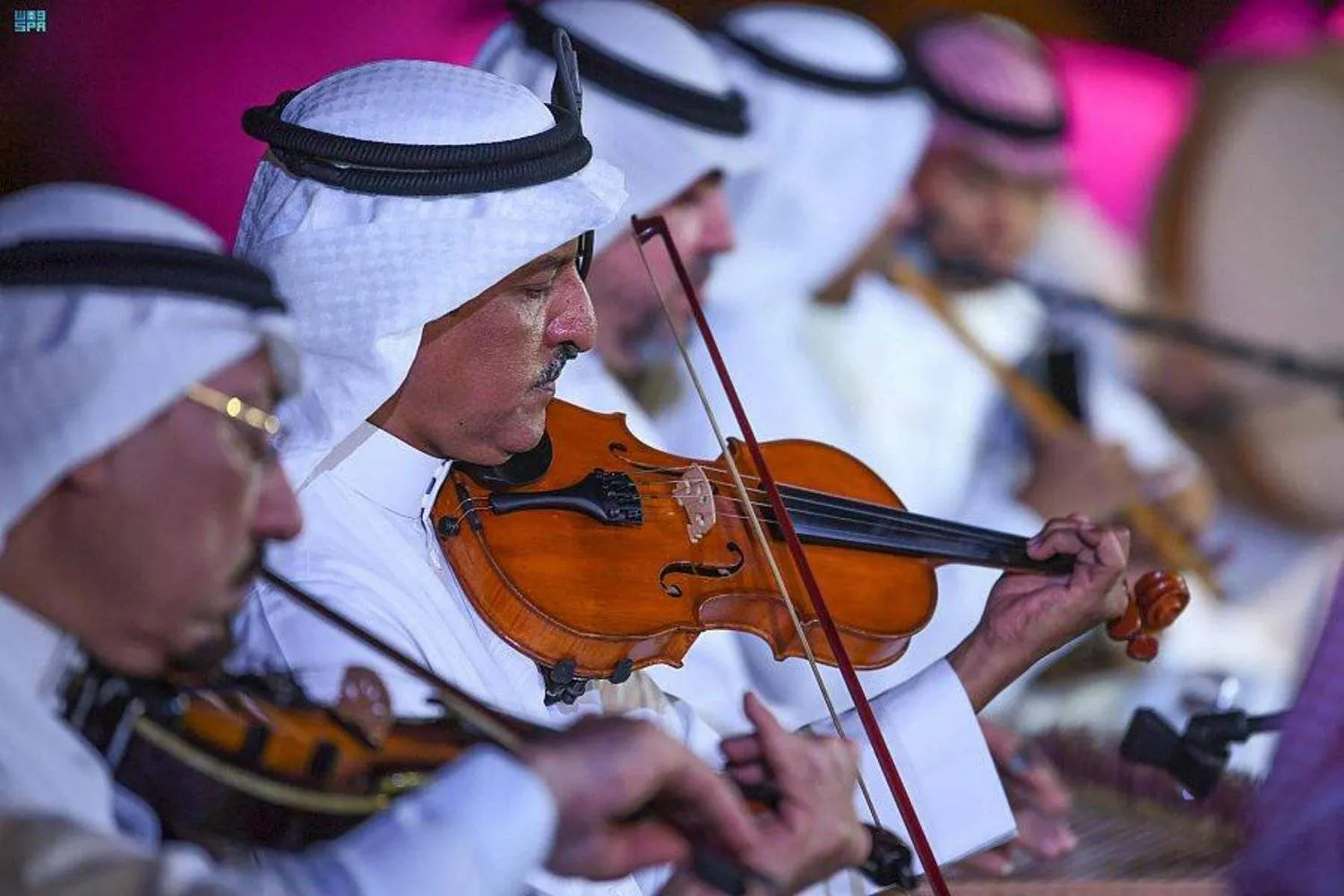The Saudi Music Commission has launched the “Wave” training program in Riyadh, in cooperation with the Anghami platform, under the slogan “This is Your Time”, to help promote the music community in Saudi Arabia, support the emerging talents and nurture their musical potentials and boost the industry.
“Wave will redefine the Saudi music scene at the international level. Through this program we not only promote the growth of new musical talents, but also enable them to showcase their unique art to the world,” said CEO of the Music Commission Paul Pacifico.
“This program will firmly position the Kingdom at the forefront as a center for musical innovation and creative experiences,” he added, stressing on its deep impact on the aspiring music graduates, as it provides a priceless opportunity for the promising talents to kick off their careers in the field through the training and guidance that enhance their capabilities and provide them with the required tools.
The program offers music graduates and aspiring artists a series of training and music production workshops by industry professionals who will provide them with the basic skills to launch their careers. The goal is to graduate 100 exceptional talents fully qualified to excel in different musical fields.
The program is part of an inclusive framework designed to guide aspiring artists to produce unique and exceptional music by taking them in a wholesome journey to explore the different aspects of the music industry such as song writing, composition, production, distribution and mixing, under the surveillance of professional producers, sound engineers, singers, and composers in workshops that contribute to improving their skills.
The Saudi Music Commission was established to put the foundation for the infrastructure of the music culture in the kingdom, and to offer everyone who’s interested the chance to learn music, in addition to discovering, nurturing, and empowering the talents, and raising awareness about the music culture.
It also aims at building an industry that could contribute to the domestic economy by creating work opportunities for both genders, producing and managing live cultural shows, musical recordings, and centers to teach music to amateurs, as well as organizing and documenting folkloric performances and Saudi music shows in order to enrich the social and patriotic sense, and promote the cultural identity locally, regionally and globally.









